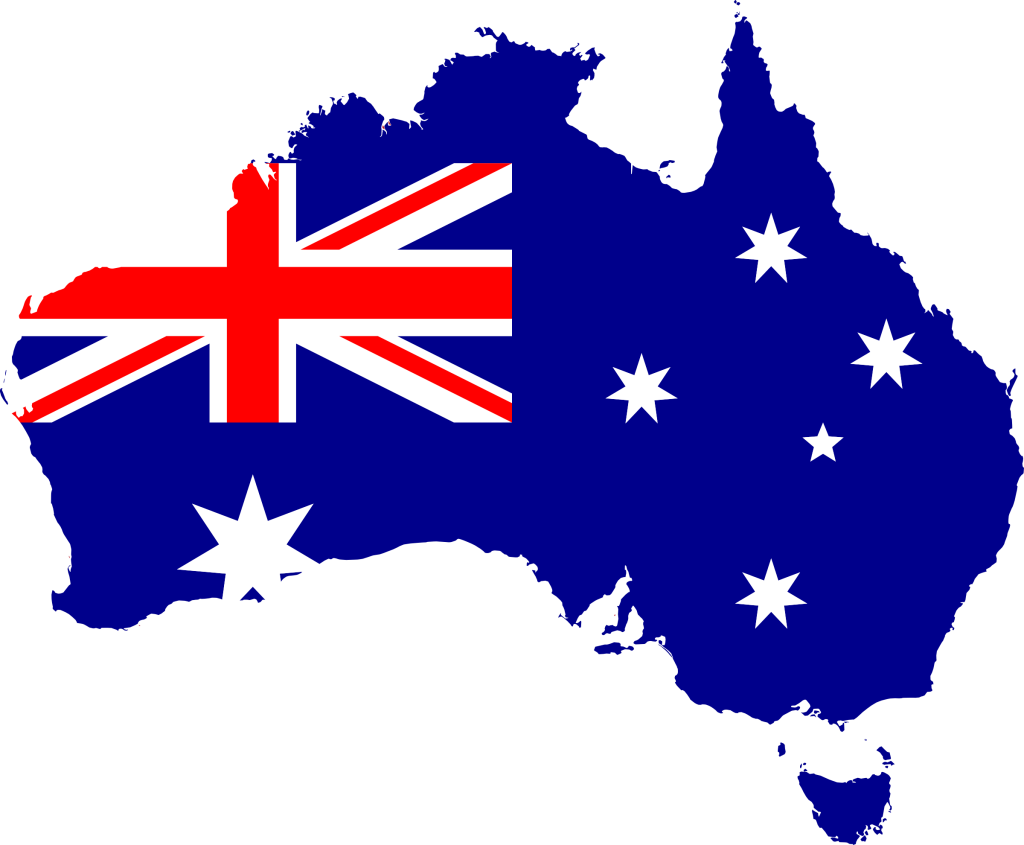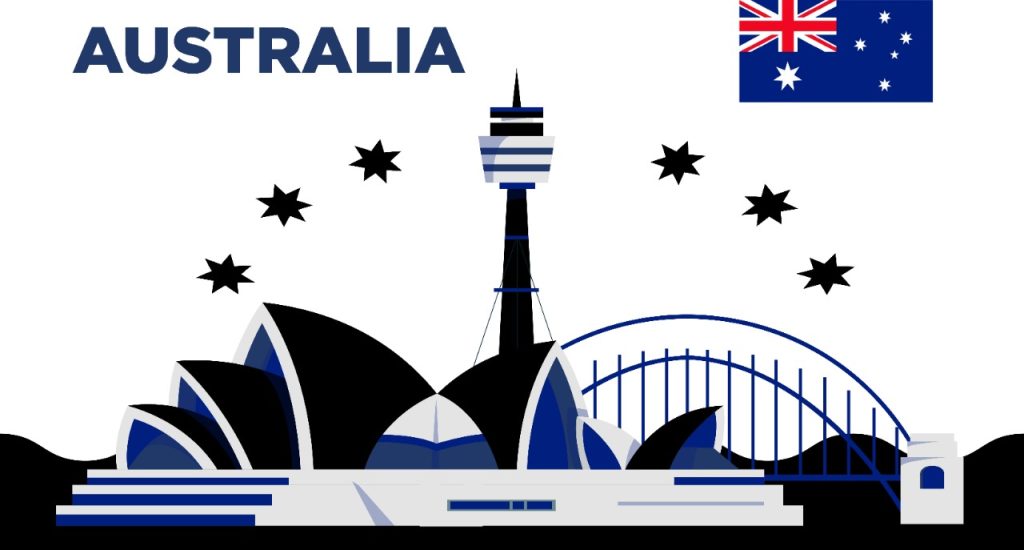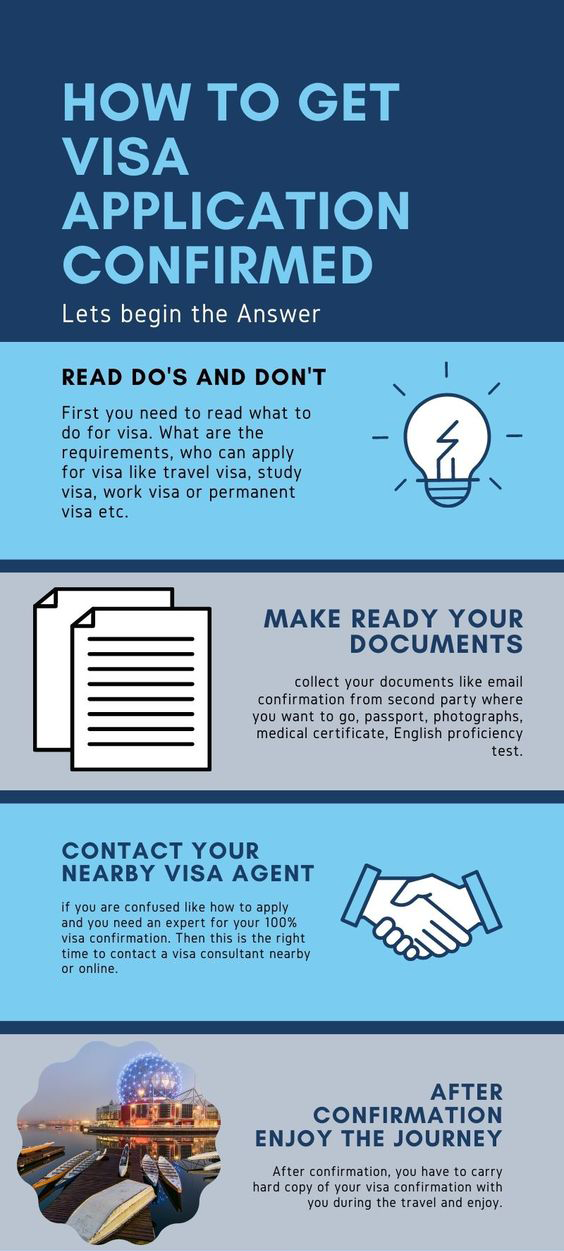
Why Australia?
Reasons to study with Australia:
- Study at globally ranked institutions (seven of the world’s top 100 universities as per Times Higher Education’s World University
Rankings 2023) - Our universities rank in the world’s top 50 in a huge range of study areas. The Times Higher Education World University Rankings
2020 rated our institutions highly in the following fields:- Arts & Humanities
- Clinical, Pre-Clinical & Health
- Engineering & Technology
- Life Sciences
- Physical Sciences
- Social Sciences
- Gain work experience while you study
- Many Australian degrees and vocational courses include work experience programs and internships so you can gain hands-on
industry experience and grow your professional network while you study. - While studying, you can work up to 40 hours per fortnight (Full time now until June 2023) during the semester and full-time during the semester break.
- This can be a great way to find study-related work or simply pay for your lifestyle in Australia.
- Employment opportunities
- A Subclass 485 Temporary Graduate visa (18 months to 4 years) can be a great option for recent international graduates who have completed a course of study in Australia.
- An Australian qualification will make you a very attractive potential employee to employers in Australia, at home, and around the world.
- Enjoy a high standard of living
- Our quality of education, healthcare, transport, infrastructure, and government services are rated well above international averages.

Cost

- Education: Varies from $4000 at the VET level to $50000 at
Postgraduate Masters Level.- Vocational Education and Training (VET): Certificate, Diploma, and Advanced Diploma Programs – Fees range from $4000 to $22000. The average tuition fee is approximately $10,000 per year.
- Undergraduate Degree (Bachelor) – $20000 to $45000
- Postgraduate Degree (Masters) – $22000 to $50000
- Doctoral Degree (Ph.D.) – $18000 to $42000
- The above information is an indicative range and can vary depending on the level, course and institution selected. For specific info, kindly check the specific website for details.
- Living Expenses: The Annual living costs can vary again depending on the location (urban, regional), but as a guide, the figure is $21041. In cities like Sydney and Melbourne, the cost can be up to 10% higher and in Regional cities, it can be 10-15% lower.
- With partners/spouse: Additional $7362
- With a Child: Additional $3152
Study in Australia
To study in Australia you’ll need a Student visa (subclass 500).
The Student visa (subclass 500) visa allows you to live, work and study in Australia for a maximum of five years, in line with your course.
On this visa, you are normally allowed to work a maximum of 40 hours per fortnight during term time and unlimited hours during study breaks.
However, the Australian Government is temporarily allowing students to work over their normal limit of 40 hours per fortnight during term time across all sectors.
Currently, students may also start working on arrival in Australia, and do not need to wait until their course commences.

How to apply for a student visa and Australia's entry requirements

- Letter of Offer: If your application is successful, you will receive a Letter of Offer from your chosen education provider. Read the Offer carefully before you accept it. It will include your course details, enrolment conditions, and fees you will need to pay if you accept the offer.
- Evidence of English Proficiency: International Students are required to provide evidence of meeting the minimum English proficiency levels needed to succeed in your given course. English proficiency tests like IELTS, PTE & TOEFL is acceptable
Different institutions have their own English requirement based on
the course offered. - Evidence of Funds (Financial Capacity): To support your study
in Australia, one needs to provide proof of funds to be able to
commence and continue your study.- Evidence of funds (Bank Statement/FDs/Bank Loan/Scholarship) to cover your course and living expenses in Australia.
- Evidence of Annual Income of Sponsor (Spouse/Parents/Family) to support applicant’s study in Australia.
- Genuine Temporary Entrant (GTE) Requirement: The Student has a genuine intention to stay in Australia temporarily as part of their study to gain quality Australian Education, has the requisite English Language proficiency skills to undertake the course along with requisite qualifications and funds to study and live in Australia.
- Overseas Student Health Cover (OSHC): For the period of stay in Australia as a Student, you require OSHC so that it can cover any Medical/Hospital care, cover most prescription medicines and provide Ambulance cover in Emergencies.
- Confirmation of Enrolment (COE): A COE is issued by your accepting education institution confirming the enrolment in the course. The COE is issued after the student has accepted the offer and paid the course fees. This document should be submitted to the Australian Dept of Home Affairs to apply for the Student Visa.
- Health Requirement: All International Students must undergo a
health examination prior to/after documents have been submitted to the Visa Office. A medical certificate is to be provided to confirm that the student meets the health requirements. - Character Requirement: In order to study in Australia, you would have to answer basic questions about your character and past conduct. Any additional information if required may be requested.
Australian Education system
The Australian education system offers primary, secondary and tertiary education linked across the country and across the world.
School education (Primary and Secondary)
School education is similar across all of Australia with only minor variations between states and territories.
School education (primary and secondary) is compulsory between the ages of six and sixteen (Year 1 to Year 9 or 10).
School education is 13 years and divided into:
- Primary school – Runs for seven or eight years, starting at Kindergarten/Preparatory through to Year 6 or 7.
- Secondary school – Runs for three or four years, from Years 7 to
10 or 8 to 10. - Senior secondary school – Runs for two years, Years 11 and 12.
Tertiary education in Australia
Tertiary education includes both higher education (including universities) and vocational education and training (VET).
Higher Education in Australia
Australia is internationally recognized for providing the best practice in vocational and education training. Australian Universities provide international students with choices and opportunities across the study discipline and this makes Indian students study in Australia. Higher education comprises bachelor’s, master’s, and doctoral degrees. The skills and knowledge acquired at these levels make a student ready to work in the industry eventually. There are many grants and scholarships
and bursaries available to assist you financially with your studies in Australia.
Undergraduate
- Bachelor’s degree: Duration – Three to five years (depending on the program). A Bachelor Degree is the basic qualification for entry to a field. It will give you a systematic body of knowledge, the underlying principles, and the problem-solving techniques you' ll need to work in the discipline. With deeper content than an Associate Degree, your Bachelor’s Degree will develop your skills and knowledge to the point where you can pursue postgraduate studies if you want to.
- Bachelor’s degree (honors): Duration – Four years. Honors may require an optional additional year of study (usually research-based) following a three-year degree or may be awarded for academic achievement in degrees of four or more years.
Postgraduate
Duration of 2 years. A Masters’s degree can help make you a leader in your field. It usually takes one or two years depending on whether you have completed a Bachelor’s degree or a Bachelor’s degree with honors. A Masters’s degree is a specialized course of independent research or traditional coursework. Sometimes it can be a combination of the two. Students who undertake a Masters’s degree are expected to work independently and have the ability to solve complex problems.
Vocational Education and Training (VET)
An Australian Vocational Education and Training (VET) qualification provides an efficient, cost-effective pathway to employment by providing ' applied’ (or practical) learning opportunities. A VET qualification can also provide a pathway to further studies, including higher education degrees.
VET qualifications are provided by government institutions, called Technical and Further Education (TAFE) institutions, as well as private Registered Training Organisations (RTOs).
Your VET course will broaden your skills in a specialized area that
provides the practical experience you'll need to design, plan and implement the practical and technical aspects of your field in an industry context.
Qualifications under VET
Certificate IV Duration – 12 to 18 months
Diploma Duration – 18 to 24 months
Advanced Diploma Duration – 24 to 36 months
AQF (Australian Qualifications Framework)
The Australian education system is distinguished from many other countries by the Australian Qualifications Framework (AQF). The AQF was established in 1995 and is a national policy that covers qualifications from the tertiary education sector (higher education and vocational education and training) in addition to the school-leaving certificate; the Senior Secondary Certificate of Education.
The AQF has 10 levels and links school, vocational, and university education qualifications into one national system. This allows you to move easily from one level of study to the next, and from one institution to another, as long as you satisfy student visa requirements. It allows for choice and flexibility in career planning. All qualifications in the AQF help prepare you for both further study and your working life.
If you are studying for an AQF qualification, you can be sure that your institution is Government-authorised and nationally accredited, and that your degree or other AQF qualification will be genuine.
Our institutions are linked across the country and across the world, which makes it easy to move through the education system between courses or institutions and formal agreement and recognition frameworks mean every step of the path will contribute to your future no matter what your study or career goals.

AQF Levels of Study in Australia | Qualifications As Per AQF |
Level 1 to 4 | Certificate I to IV: Related to basic or functional knowledge in order to go for higher learning to basically enhancing the student’s skill set and encourages them to go for higher education. |
Level 5 | Diploma: This is to do with theoretical and technical skill set acquisition. |
Level 6 | Advanced Diploma: Paraprofessional skill set acquisition to apply specialised theoretical knowledge. Associate Degree: Undertake paraprofessional work by supporting theoretical knowledge. |
Level 7 | Bachelor’s Degree: Be able to apply for a professional field with diverse knowledge. |
Level 8 | Bachelor’s (H) Degree, Graduate Diploma: Apply all that the applicant has learnt in his/her respective work field. |
Level 9 | Master’s Degree: Advanced knowledge in terms of qualification through either coursework / research. |
Level 10 | Doctoral / Research Degree: Qualified students who research on new topics and levels supported through scholarships offered by the Australian Government. |
CRICOS Registration
International students must study in an institution, a course which is registered on the CRICOS (Commonwealth Register of Institutions and Courses for Overseas Students). That registration guarantees that the course and the institution at which you study meet the high standards expected by international students.

Education Services for Overseas Students (ESOS) Act

The Education Services for Overseas Students (ESOS) framework protects the rights of international students studying in Australia, including:
- Your right to receive, before enrolling, current and accurate information about the courses, fees, modes of study, and other information from your institution and your institution’s agent.
- Your right to sign a written agreement with your institution before paying fees, setting out the services to be provided, fees payable, and information about refunds of course money. Make sure to keep a copy of your written agreement.
- The Tuition Protection Service (TPS)is a placement and refund service for international students, which is activated in the event that your institution is unable to teach your course.
Hurry! Get in touch with us
Do you have any question or you want to enroll

